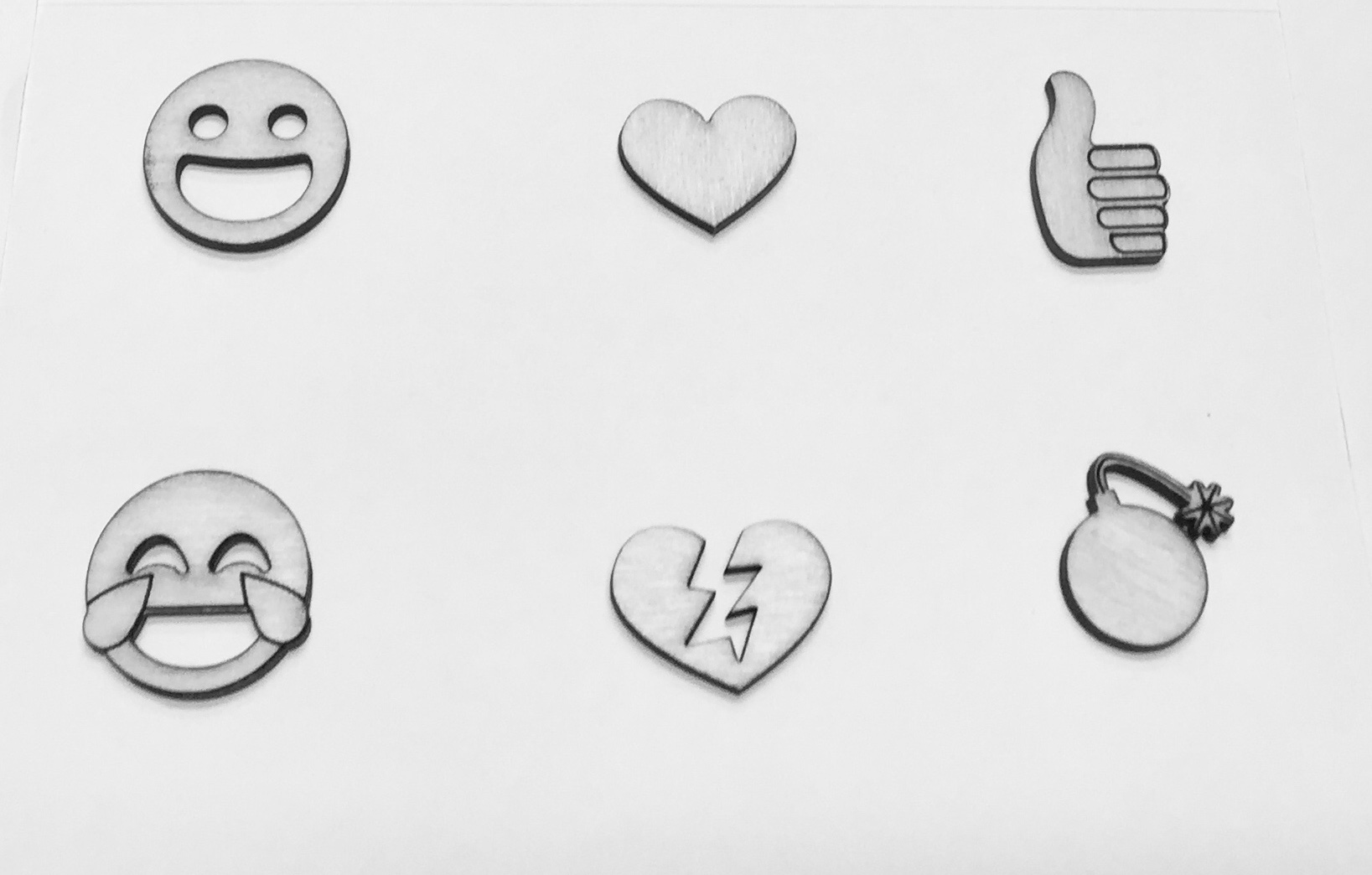More than an Emoji...


There are in total 2,823 emojis- I definitely couldn’t tell you what they all are! Most of us, I imagine probably use emojis when texting – whether it’s a smile, heart, thumbs up! I found out this week that you can even create an emoji to now look like you!

The collection of emoji’s is forever growing. Emoji’s are a way of communicating how we are feeling in a picture, without having to express in words. Sometimes we just can’t put into words how we are feeling, but we could show you a picture or an emoji which represents how we are feeling.
We all feel many different emotions, even in one day. Understanding our own emotions, can impact our resilience, with those that have a better understanding and awareness of their emotions (emotional intelligence) often demonstrating greater resilience. As part of building resilience, it is important to not only recognise our feelings but also understand them, so that our emotions do not become the primary decision maker.
One of the workshops that we do at Phase is Pause, Think, Act. This is aimed at helping children in Year 5 to think about their emotions, how to manage them, equipping them with skills and tools to be able to do this in a healthy way. The workshop encourages them to pause and think before they act or respond to a situation, especially if they feel angry or frustrated. By being able to help them to manage and understand their emotions, in turn they will hopefully be able to grow and build their resilience, especially if the outcome of the situation is not what they expected.
Our emotions play a significant role in our lives. As Christians we believe that emotions are God-given and form part of who we are. We see that Jesus himself expressed emotions and another time, demonstrating compassion, sadness, love, fear and joy. God created us with emotions and Jesus demonstrates.
It is essential that we help both children and young people be able to express how they are feeling, in a way in which they feel able. Back in November I went to the National Youth Ministry Conference where I picked up this great resource by acet UK.
I have found that this resource has been a great mentoring tool. I was working with one student who was finding it hard to express how they were feeling. However, when I got the different emojis out and they were able to explain how they felt, and the reasons behind why they were feeling like that. They were then able to find different emojis, making up a sequence to explain how the different outcomes of the situation would make them feel. For example, if it went well, they would feel happy, and complete and it would be a thumbs up. However, if it did not go well, they would feel upset, broken and like they were about to explode! This resource enabled conversations to be had.

If you would like to find out more about our work, please follow us on any of our social media platforms or visit our website.

